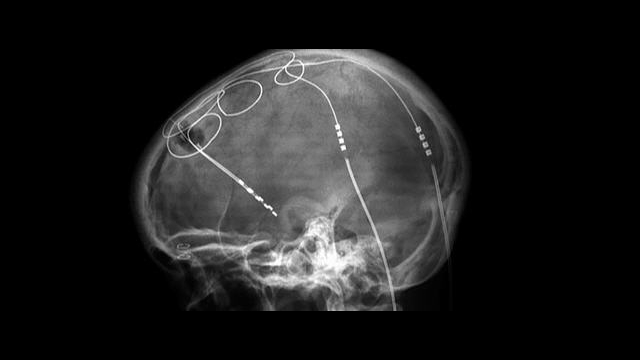
Chinese doctors trial deep brain stimulation for drug addiction
Some are sceptical about the ethics and rigor of the novel research
Researchers in China are conducting world-first deep brain stimulation trials on drug addicts, in a move that could revolutionise the way doctors treat drug addiction. Yet some members of the international scientific community are sceptical about the ethics and rigor of the research.
Deep brain stimulation (DBS) is a neurosurgical technique that involves the insertion of electrodes into targeted areas of the brain. The electrodes stimulate brain activity which in turn alleviates the symptoms of disorders such as Parkinson's Disease, dystonia, obsessive compulsive disorder and epilepsy.
While many researchers believe that DBS could help treat refractory drug addiction, the data on the topic is sparse, and researchers in Western countries have struggled to run human trials testing the treatment.
Fewer difficulties have been encountered by researchers in China. According to National Institutes of Health clinical trials database, there are six registered DBS clinical trials for drug addiction currently underway in China. The first clinical trial of DBS for methamphetamine addiction is currently being conducted at Shanghai's Ruijin Hospital, along with parallel trials for opioid addicts.
Researchers from Ruijin hospital have already published results from large trials analysing the use of DBS for patients with anorexia nervosa and treatment resistant depression. The researchers have also developed a special electrode for treating areas of the brain that are thought to be linked to addiction.
Yet there is scepticism in the global scientific community about the general quality and ethical rigour — particularly around issues like informed consent — of clinical trials done in China.
Scientists don't fully understand how DBS works and there is still debate about where electrodes should be placed.
Some critics even suggest that DBS trials for drug addiction should not be allowed, arguing that such human experiments are premature and will not address the complex biological, social and psychological factors that drive addiction.
“It would be fantastic if there were something where we could flip a switch, but it's probably fanciful at this stage,” said Adrian Carter, who heads the neuroscience and society group at Monash University in Melbourne.
Doctors from Ruijin hospital say they are conscious of the wellbeing of their patients. Dr Sun Bomin, director of Ruijin Hospital's functional neurosurgery department, said he wanted to give hope to patients who presented with apparently untreatable drug addictions. “They are human beings”, he told Associated Press. “You cannot say, ‘Oh, we do not have any help, any treatment for you guys’”.
Xavier Symons is deputy editor of BioEdge
Chinese doctors trial Deep Brain Stimulation for drug addiction
Xavier Symons
Creative commons
https://www.bioedge.org/images/2008images/deep_brain_stimulation_2.jpg
